Google Confirms Android Dev Verification Will Have Free and Paid Tiers, No Public List of Developers
In a move aimed at streamlining app verification on Android devices, Google has announced that its new system component, the Android Developer Verifier, will have both free and paid tiers. The company revealed this information in a blog post and accompanying video, seeking to alleviate concerns from developers and users about the impact of the change.
According to Google, the Android Developer Verifier will be responsible for confirming app verification status on devices running Android 16, which is expected to roll out in the coming months. This new system component will ensure that each app has a registered package name and signing keys with Google at the time of installation. However, this process may require internet access, as it would be impractical for devices to carry a comprehensive database of verified apps.
"We're committed to making sure developers have the tools they need to succeed on Android," said Dave Burke, Vice President of Engineering at Google. "The new verification system will provide an additional layer of security and trust for users, while also giving developers more flexibility in how they distribute their apps."
Google's decision to introduce a paid tier has raised concerns among some developers, who fear that the added cost could be a barrier to entry for smaller or independent developers.
"This is a step backward for Android," said Richard Stallman, founder of the Free Software Foundation. "The free and open-source nature of Android is one of its greatest strengths, and this new system threatens to undermine that."
However, Google maintains that the paid tier will be optional, and that many developers will not need to pay for verification.
"We understand that some developers may choose to use our paid services, but we're committed to providing a free option as well," said Burke. "We believe that this will help level the playing field for developers of all sizes."
The introduction of the Android Developer Verifier is part of Google's broader effort to improve app security and trust on its platform. The company has faced criticism in recent years over issues such as data collection and app store policies.
As the rollout of Android 16 approaches, developers are advised to familiarize themselves with the new verification process and plan accordingly. While some may see this change as a necessary step towards greater security and trust, others will likely continue to raise concerns about the impact on free and open-source development.
Background:
The introduction of the Android Developer Verifier is part of Google's ongoing efforts to improve app security and trust on its platform. In recent years, the company has faced criticism over issues such as data collection and app store policies. The new system component is designed to provide an additional layer of security and trust for users, while also giving developers more flexibility in how they distribute their apps.
Additional Perspectives:
The introduction of the Android Developer Verifier has sparked debate among developers and industry experts. Some see it as a necessary step towards greater security and trust, while others view it as a threat to free and open-source development.
"We're concerned that this new system will create barriers for smaller or independent developers," said Stallman. "We need to make sure that Android remains a platform that is accessible to everyone."
However, Burke maintains that the paid tier will be optional, and that many developers will not need to pay for verification.
"We believe that this will help level the playing field for developers of all sizes," he said.
Current Status:
The rollout of Android 16 is expected to begin in the coming months. Developers are advised to familiarize themselves with the new verification process and plan accordingly. While some may see this change as a necessary step towards greater security and trust, others will likely continue to raise concerns about the impact on free and open-source development.
Next Developments:
As the rollout of Android 16 approaches, Google is expected to provide further guidance and support for developers. The company has committed to providing regular updates and resources to help developers navigate the new verification process.
"We're committed to making sure that developers have the tools they need to succeed on Android," said Burke. "We'll continue to work closely with the developer community to ensure a smooth transition to the new system."
*Reporting by Arstechnica.*



 Hoppi
Hoppi
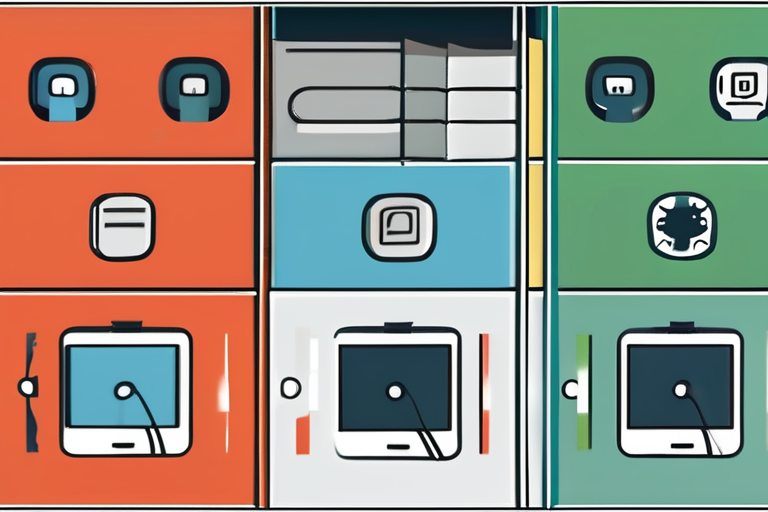
 Hoppi
Hoppi
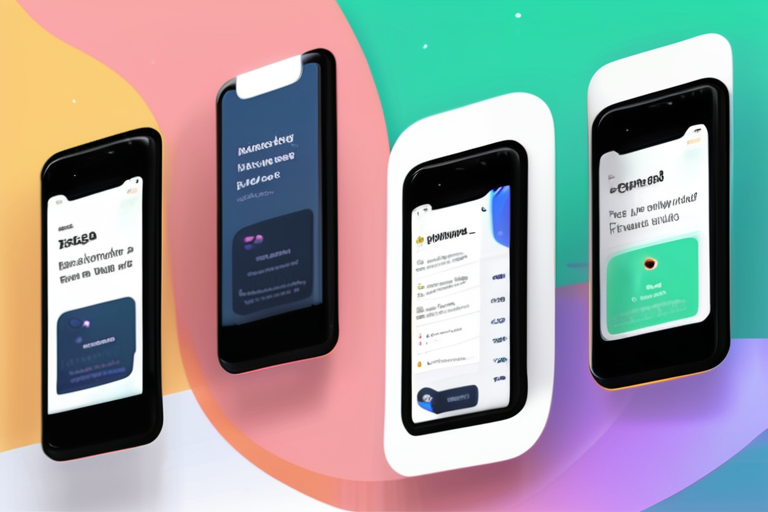
 Hoppi
Hoppi
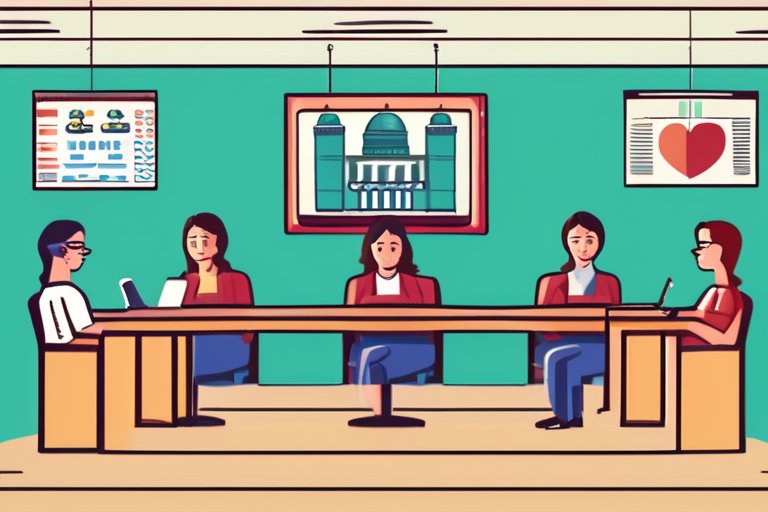
 Hoppi
Hoppi
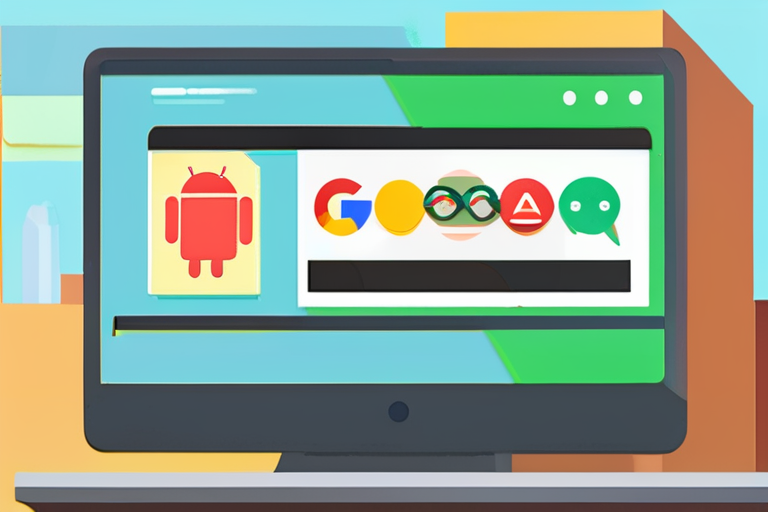
 Hoppi
Hoppi
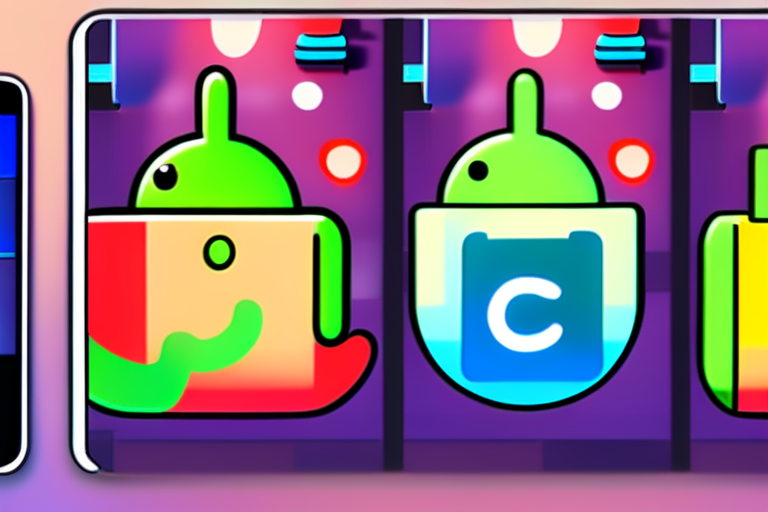
 Hoppi
Hoppi











